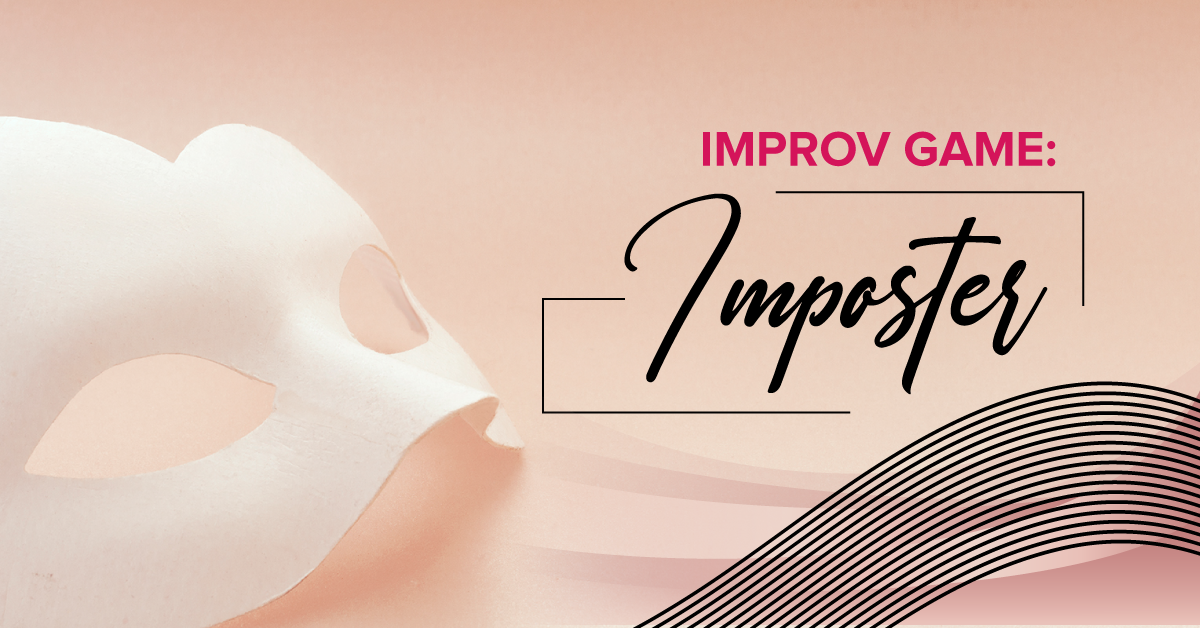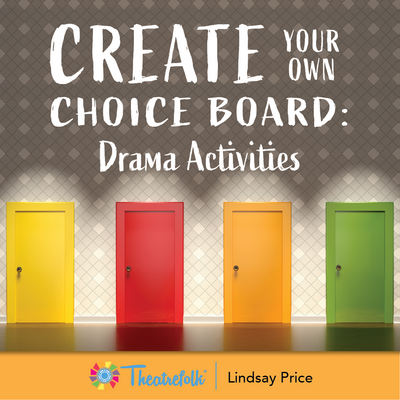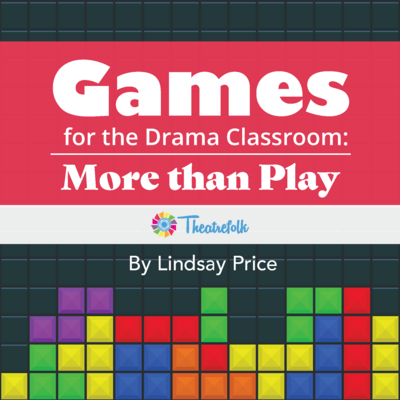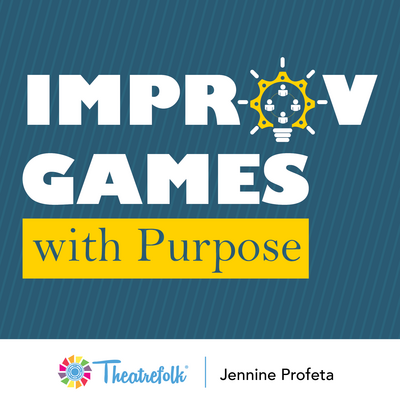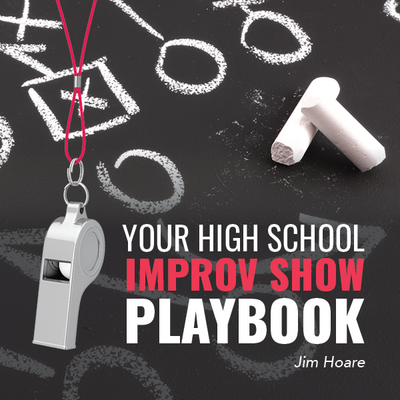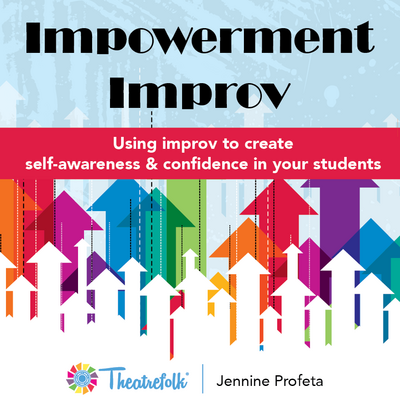
Character Development Game: What’s For Breakfast?
This is a simple and fun improvised game that is great to use in your show rehearsals. I’ve found it’s especially useful for younger, newer, or shyer students, who might be afraid of looking silly onstage. But it’s a great challenge for more experienced students as well. The purpose of the game is to challenge students to think beyond the world of the script, to experiment with “going bigger” with their character, and to explore their character’s likes, dislikes, and mannerisms in a deeper way. It can be used as a warm-up game before getting into the bulk of your rehearsal work, to get students’ minds out of school mode and into rehearsal mode.
For this game, students will improvise the following scene individually, in character in their assigned role, using the following framework:
- The character enters a place where food is served.
This could be the character’s own kitchen or dining room, a restaurant, a banquet hall, etc. Whatever the student chooses, they must establish the location clearly. - The character decides what they want to eat for breakfast.
What does the student think their character would eat? A simple bowl of cereal? A four-course meal? A slice of leftover pizza? Some hardtack bread with salt pork? - The character obtains the breakfast food.
How do they do this? Do they prepare the meal themselves? Do they demand that a servant brings them their meal? Do they order their meal from an app on their cell phone? - The character eats a few bites of the breakfast food.
Do they eat their food daintily or do they gobble their meal? Are they ravenous or not very hungry this morning? Are they still sleepy after getting up? Are they dressed or still in their sleepwear? - The character realizes they need to leave, and exits.
What is the reason they need to leave? Do they leave willingly or reluctantly? Do they take their unfinished food with them? Do they clean up after themselves? Does anything else happen?
Students are allowed to speak and move around the room as they wish. The only item needed for this game is a chair or a rehearsal block in case the student wants to sit down to eat their breakfast. Students aren’t required to use the chair though – perhaps their character stands to eat their breakfast. Any props or food items should be mimed. Scenes need not be long – one minute or less is perfectly fine, provided the student hits all five points.
This game helps students to think about their character outside of the world of the play. Let’s say you’re doing Romeo and Juliet as your school show. What would Benvolio choose to eat for breakfast? What about Lady Capulet, or Prince Escalus, or Friar Laurence? Would Tybalt prepare his own meal or have a servant bring him his food? Would Mercutio eat breakfast at a fancy restaurant or at a fast food joint? It helps them to explore and make choices about their character. There isn’t a right or wrong choice – students just need to make the choice and commit to it.
You can expand on this game by having two students improvise the breakfast scene together. In this case, students are not only challenged to complete all five tasks in the framework, but also while interacting (in character) with the other character.
After completing this game, students can reflect on their experience using the included Reflection.
Distance Learning Adaptation
Improvisation
Students will complete the improvisation at home by following the same steps as described in the existing exercise. One at a time, they will exit the frame of their webcam and re-enter, in character, to begin the scene. They will finish their scene by exiting the frame, pausing, saying in a loud, clear voice “SCENE” and coming back to their device.
Breakfast Analysis
Students will write and submit their answers to the following questions, answering in full sentences:
- Where does your character usually eat their breakfast?
(Kitchen? Dining room? Banquet hall? Bedroom? Outside? Somewhere else? Describe the location.) - What are your character’s preferred breakfast foods?
(Something simple, like cereal or toast? A multi-course meal? Leftovers from dinner? What do they drink? Give a sample meal.) - How does your character obtain their meal?
(Do they prepare it themselves? Does a servant bring it to them? Do they order the meal from an app on their phone?) How does your character eat their food?
(Describe it using adjectives. Are they dainty or do they gobble? Are they ravenous or not very hungry? Are they still sleepy? How are they dressed? Describe their place setting.)What does your character do at the end of the meal?
(How and why do they leave at the end of the meal? Do they finish or leave food behind? Do they take any leftovers with them, do they clean up after themselves, is the space left messy or neat? Does anything else happen?)What do you think your character’s breakfast choices say about their personality?
Related Articles
Create Your Own Choice Board: Drama Activities
by Lindsay Price
Choice boards give students the opportunity to choose how they want to learn a particular subject. Create Your Own Choice Boards: Drama Activities can help encourage your students' independence by allowing them to take an active role in their learning.
Distance Learning
by Christian Kiley
A play about trying to survive and thrive in a virtual classroom.
Games for the Drama Classroom: More Than Play
by Lindsay Price
A collection of games and activities that go well beyond the notion of "play."
Improv Games with Purpose
by Jennine Profeta
Improv games including feedback suggestions and questions, game variations, teaching tips, side coaching tips, entry prompts, exit slip questions, and more!
Your High School Improv Show Playbook
by Jim Hoare
Have you wondered how to take improv to the next level with your students? Your High School Improv Show Playbook is the "how-to" guide for you! Empower students to present their first improv show that is fun and entertaining for all.
Impowerment Improv
by Jennine Profeta
Using improv to create self-awareness & confidence in your students

